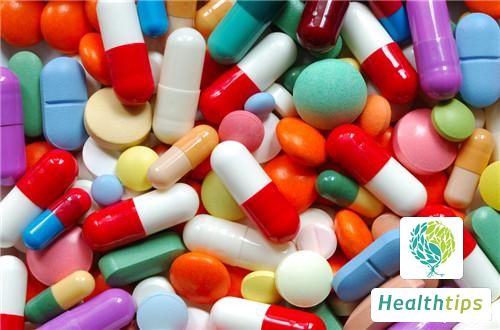What Should I Do When My Stomach Feels Uncomfortable and I Cant Eat?
Discomfort in the stomach and difficulty eating can be treated appropriately based on the relevant causes, which are generally related to irregular eating habits, irritable bowel syndrome, gastritis, gastric ulcer, and other reasons. It is recommended to seek medical attention promptly. Here are some possible causes and corresponding treatment suggestions:
1. Irregular Eating Habits
If spicy and stimulating foods such as chili peppers and garlic are frequently consumed, it may irritate the gastrointestinal mucosal tissue, leading to symptoms such as stomach pain and bloating, which can affect appetite. It is recommended to maintain a light diet and avoid overeating.
2. Irritable Bowel Syndrome
Irritable bowel syndrome is a gastroenterological condition that may be caused by poor diet or abnormal gastrointestinal motility. Common symptoms include abdominal pain, alternating constipation and diarrhea, and abdominal bloating. Treatment may include oral administration of probiotics such as Bifidobacterium triple viable powder, Bacillus subtilis granules, and Saccharomyces boulardii to regulate intestinal flora. Quitting smoking and alcohol is also recommended.
3. Gastritis
Gastritis refers to inflammation of the gastric mucosal tissue, which may be caused by Helicobacter pylori infection. Symptoms during illness may include burning pain in the stomach, acid reflux, and belching. Treatment may include oral administration of drugs such as Omeprazole enteric-coated capsules, Magnesium Aluminum Carbonate Chewable Tablets, and Domperidone Tablets to improve the condition. It is also important to keep the abdomen warm, avoid exposure to cold, and avoid sharing utensils with others.
4. Gastric Ulcer
Gastric ulcer refers to the formation of ulcers on the inner wall of the stomach, which may be caused by frequent smoking and alcohol consumption, long-term use of non-steroidal anti-inflammatory drugs, and other factors. Common symptoms include weight loss, nausea and vomiting, and hematemesis. Treatment may include endoscopic therapy, and in severe cases, gastric resection may be necessary. It is important to maintain a good mood and avoid excessive stress in daily life.
In addition, stomach discomfort and difficulty eating may also be caused by gastric perforation, which is usually manifested as sharp or persistent pain in the upper abdomen after eating. In severe cases, symptoms such as paleness and hypotension may occur. Treatment may include oral administration of antibiotics such as Amoxicillin granules, Levofloxacin tablets, and Norfloxacin capsules. In severe cases, gastric resection may be necessary. Regular follow-up is also recommended to monitor the progression of the condition and adjust treatment measures accordingly.



















